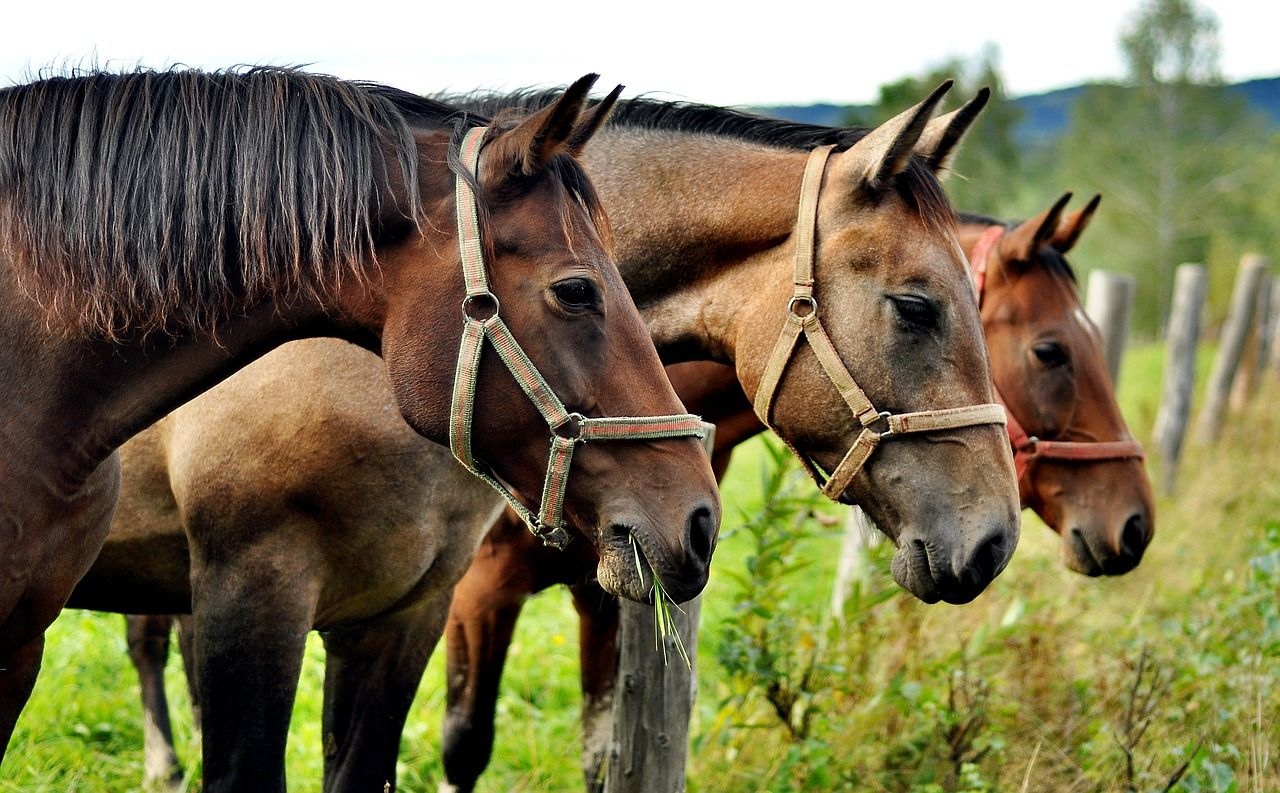
The Ohio Department of Agriculture is advising Ohioans to have their horses vaccinated against West Nile following the first confirmed equine cases of the virus for to 2018. (Stock photo)
Reynoldsburg, Ohio - The Ohio Department of Agriculture says the first two horses to test positive for West Nile virus this year were from the Tuscarawas Valley.
ODA Communications Director Mark Bruce says the West-Nile-positive horses were from Stark and Holmes County and neither had been vaccinated against the virus.
Bruce says that the cases highlight the importance of Ohioans having their horses vaccinated against the virus.
“The most important thing about it is that you can vaccinate your horse, and the chances of it getting sick and having a negative effect are very, very low. That’s why when we do get our first confirmed case, what we always tell people is: ‘This is your reminder. You need to talk to your veterinarian and make sure your horses are vaccinated,’” he says.
Ohioans whose horses have already been vaccinated against the virus should also make sure that their horses have received any necessary booster shots, according to Bruce.
“Sometimes, just like in people, booster vaccines are necessary, and that’s also something to talk about with your veterinarian. Most animal owners do, but for those that don’t, it’s also a reminder that you need to have a regular veterinarian and a regular conversation with your veterinarian as well,” he says.
Because the virus is transmitted to horses through bites from infected mosquitoes, Ohioans are also being advised to remove any stagnant water sources on their properties, to keep their animals inside during mosquito feeding times, which are typically early in the morning and evening, and to use mosquito repellents.
Clinical signs of the virus in horses include flu-like symptoms, where the horse seems mildly anorexic and depressed. Changes in mentality, drowsiness, driving or pushing forward (often without control) and asymmetrical weakness may be observed.
Bruce notes, however, that a West Nile infection does not always have clinical symptoms, in people or in animals.
The mortality rate for horses infected with the virus can be as high as 30 to 40 percent.
Bruce says the two horses that tested positive for the virus so far this year were both treated, and the one in Holmes County ultimately had to be euthanized.
He notes that West Nile Virus is endemic in Ohio, with new cases of the virus being reported every year.
In 2017, a total of 14 horses tested positive for the virus in Ohio, and Bruce says ODH expects to see additional equine cases of the virus this year.
“There will likely be a few more confirmed cases here in the coming weeks. This is kind of when you get into mosquito season,” he says.
Stacey Carmany, Tusco TV
